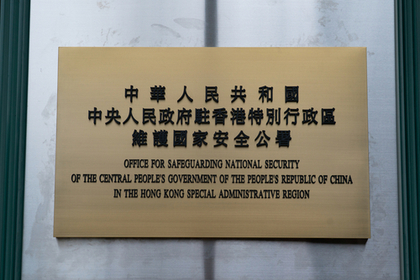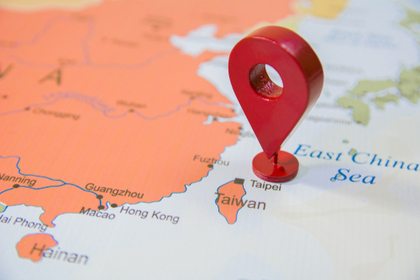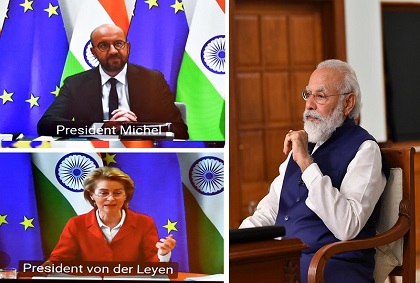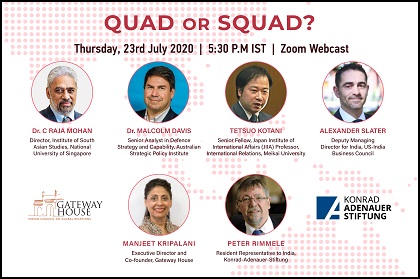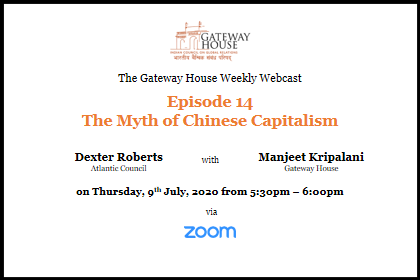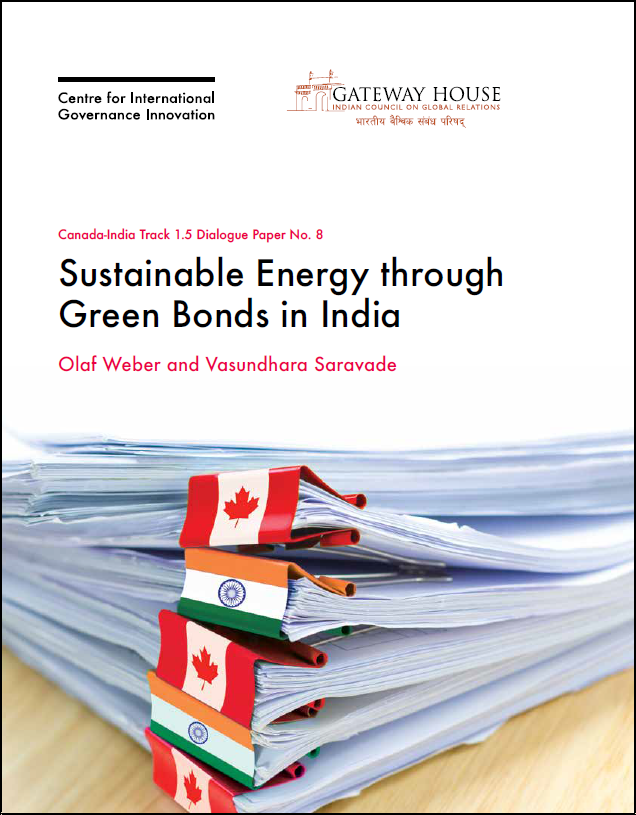Pakistan’s international terrorist hall of fame
On 18th August, Pakistan announced wide-ranging restrictions on prominent anti-India terrorist leaders. These steps are clearly aimed to prevent Pakistan from slipping into the black list of the Financial Action Task Force, where Pakistan is already grey-listed. Their implementation remains key as in the past, Islamabad's global anti-terrorism commitments have been abandoned once global scrutiny of its support to terrorist infrastructure, decreases or is distracted.


